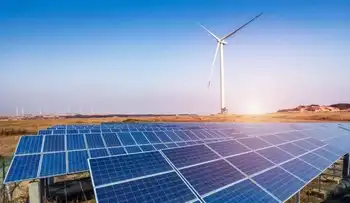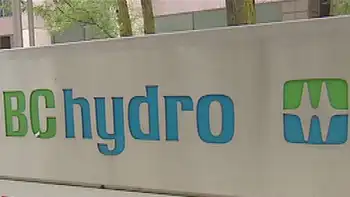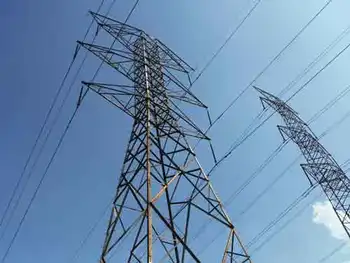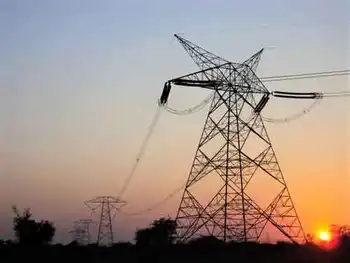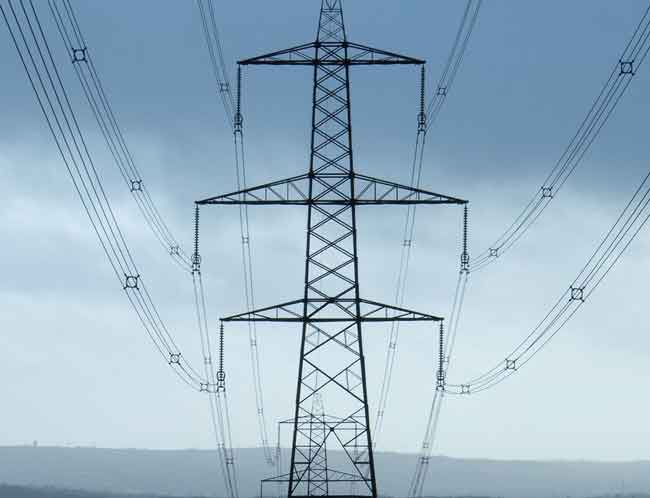HTC offers a clean coal solution
By Financial Post
Protective Relay Training - Basic
Our customized live online or in‑person group training can be delivered to your staff at your location.

- Live Online
- 12 hours Instructor-led
- Group Training Available
But thanks to a recent visit by Stephen Harper, Regina-based HTC Purenergy Inc. is on the second list, given Paul Martin was there three years ago. One difference: Harper brought a cheque for $240-million.
HTC Purenergy is "an energy technology company" whose business is "the development, aggregation and commercialization of proprietary technologies relating to carbon dioxide (CO2) capture, storage and hydrogen production utilizing CO2."
And those technologies have been either acquired, licensed, developed internally or developed in partnership with the University of Regina and The International Test Centre for CO2 Capture. Those two bodies have been in the business for 20 years. HTC, which signed a commercialization agreement with the University of Regina four years ago, has 14 million shares out and a market cap of $57-million.
Ottawa's cheque was part of its commitment to help develop the world's first and largest commercial-scale carbon-capture and storage demonstration projects. (Six years back, a pilot project was put in place in the oilfields around Weyburn, Sask., involving U.S. and Canadian governments.)
That project will occur at Boundary Dam Power Station, and will require a $758-million contribution from SaskPower.
"By combining state-of-the-art carbon-capture technology with enhanced oil recovery and carbon sequestration, the proposed Boundary Dam project would reduce Canada's greenhouse-gas emissions by a million tonnes a year while generating up to 100 megawatts of clean power," Harper said. "Proving this technology on a commercial scale is key to reducing Canada's greenhouse-gas emissions."
At the site, Harper met with Lionel Kambeitz, chief executive of HTC.
"Harper said, 'Canada will contribute technology to the climate-change solution,'" Kambeitz said. "And he gave me that motivating look: 'I want to see some success here.'"
Kambeitz said Ottawa's $240-million (plus the money from Saskatchewan) will capture C02 from a coal-fired power plant. It will then sell that C02 to oil and gas companies, which will inject the C02 into their oilfields.
HTC generated revenue of $267,707 for the nine months ended last September. Overall, it recorded a loss of $1.728-million, or 15¢ a share. But Kambeitz said HTC will be cash flow-positive this year.
HTC has been busy. In March it qualified under the Norwegian government selection process for carrying out front-end engineering and design for the construction of a CO2 capture project at Karsto, Norway. Bechtel Corp. is a consortium member. In February, Australian-based Loy Yang Power, which operates a 2,200-MW brown coal-fired power station, signed an agreement to undertake a site-specific feasibility study into an integrated carbon-management system utilizing HTC's technology.
If things work out as expected and assuming HTC maintains its technology edge, it may be looking at the veritable pearl in the oyster. The reason: Coal is one of world's largest sources of electricity, but it is also one of the world's largest pollutants. "This is the answer to clean coal," Kambeitz said.





